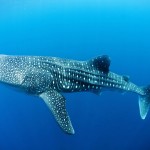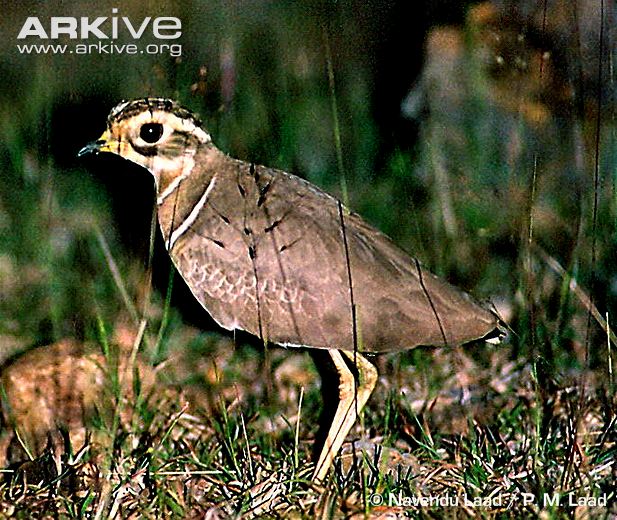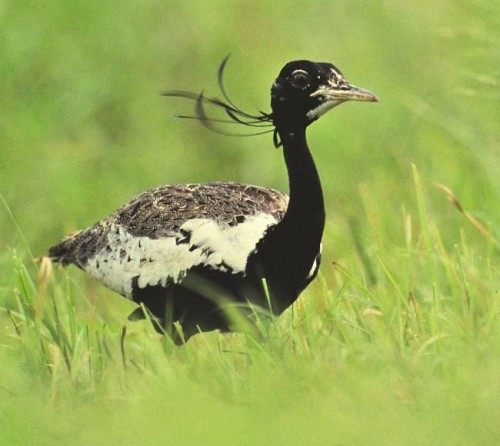 The ghost of lost fishing nets is haunting marine animals at Gujarat coasts with many crustaceans, fishes and mollusks getting entangled in lost fishing nets that keep floating in the sea.
The ghost of lost fishing nets is haunting marine animals at Gujarat coasts with many crustaceans, fishes and mollusks getting entangled in lost fishing nets that keep floating in the sea.
Ghost fishing is a world known phenomenon. Fish nets are most often made up of non-biodegradable materials like plastic threads. Therefore, when torn fish nets are lost in the sea, these keep floating and keep becoming a problem to marine animals that get entangled in the nets. This phenomenon of ghost fishing has been a problem recorded by conservationists as early as 1980 and recently two marine biologists found more than few occasions of crustaceans caught in torn fish nets across the Mithapur beach of Gujarat.
Subburaman and Goutham are marine biologists working on the Gujarat Coast Coral Securement Project, a joint effort of the Gujarat Forest Department, Tata Chemicals Limited and the Wildlife Trust of India. The two researchers keep going to the mithapur beach as part of their project and each time are saddened to find many crabs caught in the entangled mess of fish nets. The restricted movement can lead to starvation, laceration, infection and suffocation of the creatures. In other words, a slow entrapped death.
The researchers are worried about the growing incidents of ghost fishing in the area and think an awareness drive is extremely important to save the marine life of the region.
“The local fishing community uses nets that are typically made of monofilament nylon, as they are longer lasting and cheap,” explains Goutham. “They switched from traditional nets made of natural fibre to these synthetic ones about 30 years back. What they don’t realise is the scale of harm these cause to marine life. More organisms caught and wasted in this fashion means less catch for them as well.”
Looking at the poignant problem, the duo has now started carrying equipment to disentangle the creatures whenever they spot a ghost fish net. They also make sure they remove all torn nets from the shore to make sure that they do not again harm the animals and also do not go back to the sea.
World over, ghost fishing has created numerous problems entangling not just small animals but dolphins, sharks as well. Human accidents too have been reported due to the throw away nets floating in waters.
What is an even scarier aftermath of an initial ‘catch’ by the ghost net is that the entrapped animal attracts more predators towards the net, which in turn also get caught.
The researchers also say that the nets cause damage to coral reefs too.
“Overturning and dislodging of corals is a serious threat to corals, that are dependent on photosynthetic algae for survival, causing stress and even death,” says Subburaman.
As a start up what can be done to prevent these damages is to clean beaches and remove any lost fish nets from sea whenever seen by divers or boats. Even fishermen can be encouraged to use natural materials to make fish nets and even if using nylon nets, to be extremely cautious that the remnant pieces of the net are not deliberately thrown away into the sea.
The ghost created by humans can claim lesser lives this way.
Related Stories:
Are Marine Species inching Towards Mass Extinction?
Sharks Facing Grave Danger due to Indiscriminate Fishing
Fisherwomen in Orissa to the Rescue of Olive Ridley Turtles
Article source: WTI









3 thoughts on “Ghost Fishing Scare at Gujarat Coasts”